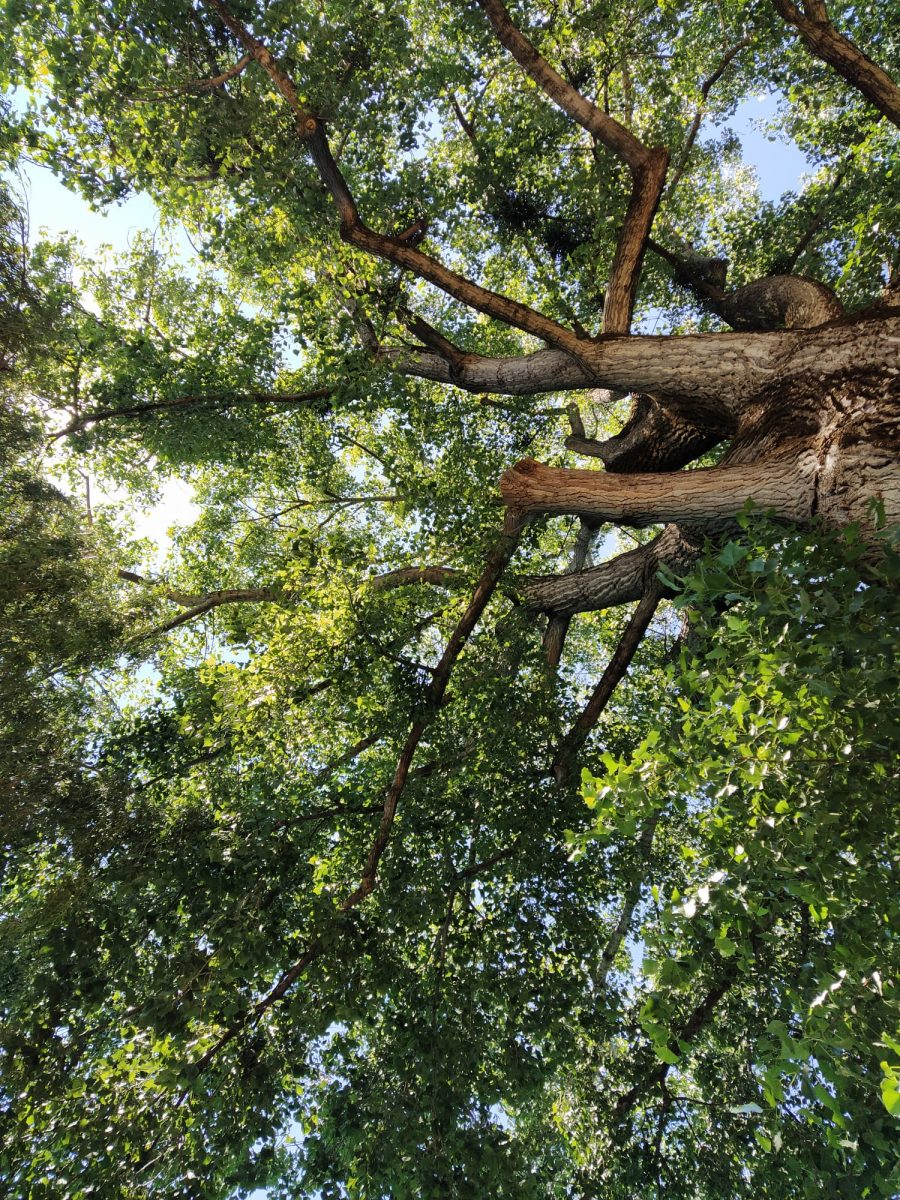Author: Lyo Elle Roy
There’s this old adage we all know and are tired of hearing that says “not to judge a book by its cover,” although it is rarely actually applied to books. However, in libraries and bookshops, who hasn’t decided on whether to purchase or not a story, based on the appeal of its title? And what would happen if some of the most well-known books had completely different names that aligned to modern tactics of marketing? We gave some of the most beloved English literature classics clickbait titles to experiment…
1. The Picture of Dorian Gray, Oscar Wilde
Man finds unexpected secret against ageing; doctors hate him! Discover it for yourself.
2. Frankenstein, Mary Shelley
When people assume you’re the monster but you’re not: “everybody calls me by my father’s name and I’m pissed.”
3. Wuthering Heights, Emily Brontë
Twin flames getting together ends in haunting nightmares: the risks of meeting your other half.
4. Jane Eyre, Charlotte Brontë
Man locks up his wife in the attic for years, is surprised when left at the altar by new girlfriend.
or
The true story behind his “crazy ex” that he doesn’t want you to know.
5. Pride and Prejudice, Jane Austen
How NOT to propose to the love of your life, including mentioning the inferiority of her birth, and a recipe for the most EXCELLENT boiled potatoes you’ll ever see.
6. The Great Gatsby, Scott Fitzgerald
Man spends his whole life and fortune trying to get his ex back only to get dumped and die in a pool; don’t repeat his mistakes!
7. The Yellow Wallpaper, Charlotte Perkins Gilman
Feeling tired? Doctor discovers new side-effects of fatigue: seeing people in your wallpaper.
8. Anna Karenina, Leo Tolstoy
Russian high society ruined these people’s lives! Here’s how to find purpose in hay fields and faith instead.
9. The Facts in the Case of M. Valdemar, Edgar Allan Poe
10 reasons why trying to bring someone back to life is a terrible idea, from a scientific p.o.v.
10. Moby Dick, Herman Melville
The origin of American men’s obsession with big fish is not at all what you would expect!
11. Strange Case of Dr Jekyll and Mr Hyde, Robert Louis Stevenson
The simple trick to living life fully and becoming all the people you want to be.
12. Giovanni’s Room, James Baldwin
Step-by-step tutorial on how to get rid of your homophobic boss.
13. She, Henry Rider Haggard
Is matriarchy too dangerous for society? A group of hetero-cis men discuss the issue.
14. Metamorphoses, Ovid
You could be drinking your ancestors’ blood by eating berries: discover how that happened.
15. Paradise Lost, John Milton
Changes in temperatures might not be humans’ fault; the mystic origins of seasons.

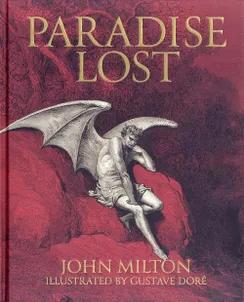
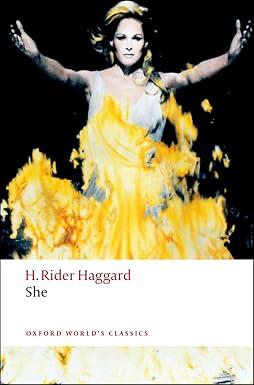
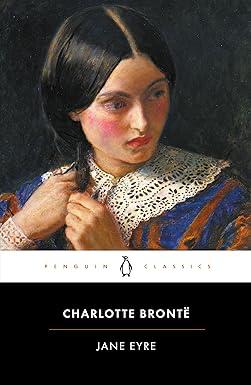
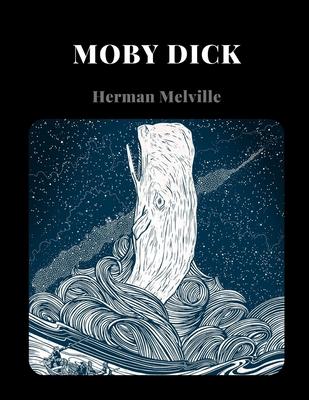
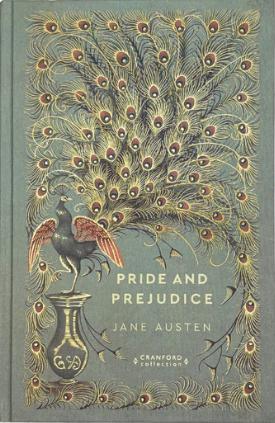
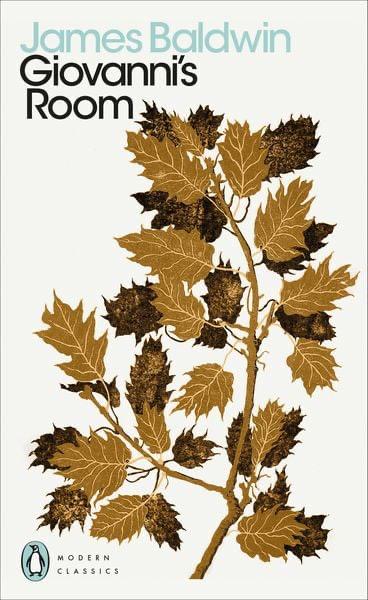
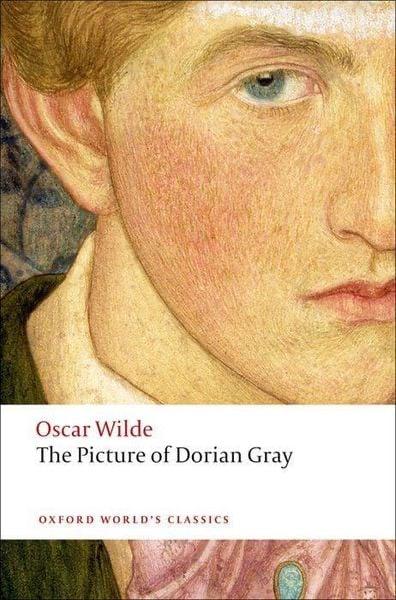
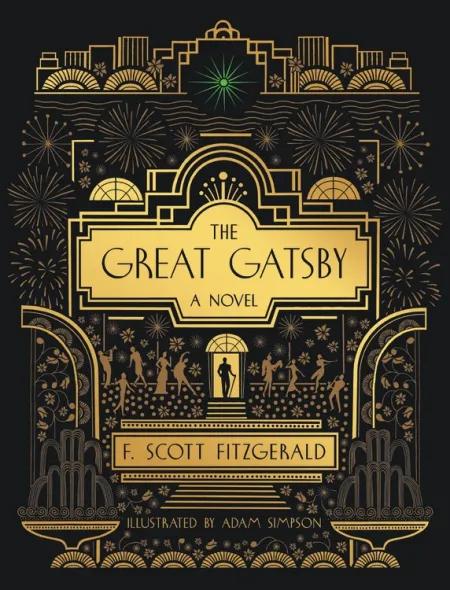
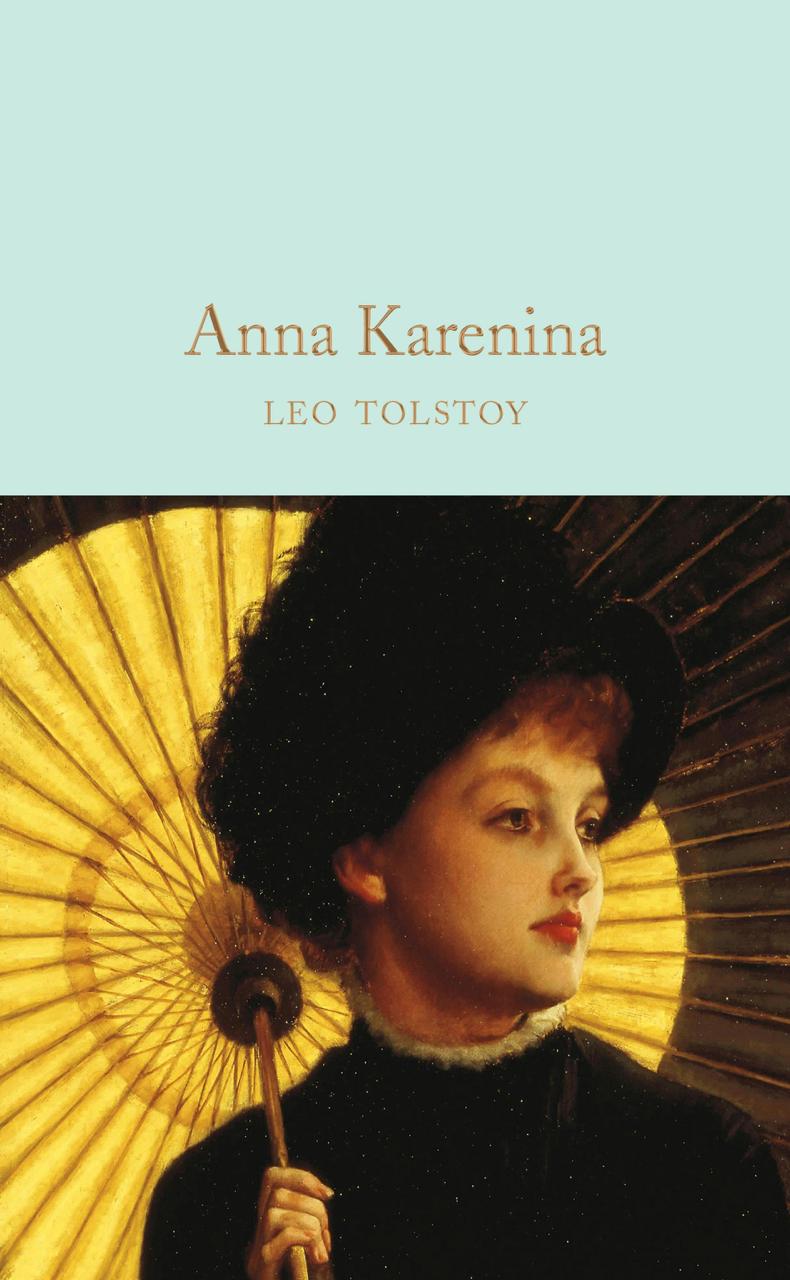
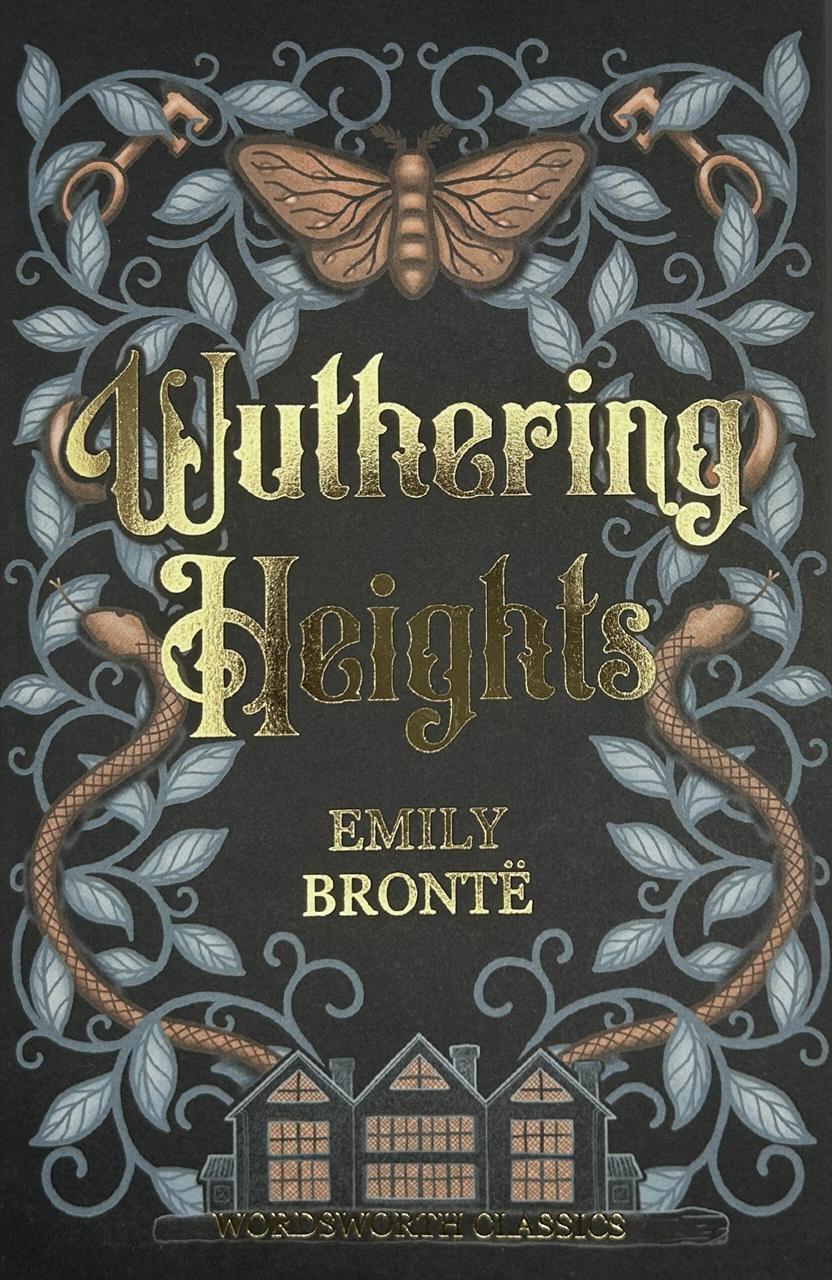
- Cover of The Picture of Dorian Gray by Oscar Wilde in the Oxford World’s Classics, 2008. Details from Self-Portrait, Maxwell Ashby Armfield, 1901. © Birmingham Museums and Art Gallery/The Bridgeman Art Library.
- Cover of Frankenstein by Mary Shelley for the Penguin Books Clothbound edition.
- Cover of Wuthering Heights, Emily Brontë, in the Classics collection of Wordsworth Editions.
- Cover for the 2006 edition of Jane Eyre in the Penguin Classics editions. Detail from Only a lock of hair, 1858, by Sir John Everett Millais. © Manchester Art Gallery/Bridgeman Images
- Cover of Pride and Prejudice in Cranford Edition, hardback. Illustration by Hugh Thomspon, adapted by Cristina Serrat.
- Cover of The Great Gatsby, deluxe edition illustrated by Adam Simpson, 2025.
- Cover of Anna Karenina, in the Macmillan Collector’s Library, 2017.
- Cover for the New York edition of Moby Dick, published independently, 2001. © SecretGardenbooks.
- Cover of Giovanni’s Room in the Penguin Modern Classics, 2007.
- Cover of She in the Oxford University Press edition, 2008. Picture from the 1965 movie She, Hammer Film Productions Ltd.
- Cover of Paradise Lost in the Arcturus Epic Classics, 2024. Illustration by Gustave Doré.

